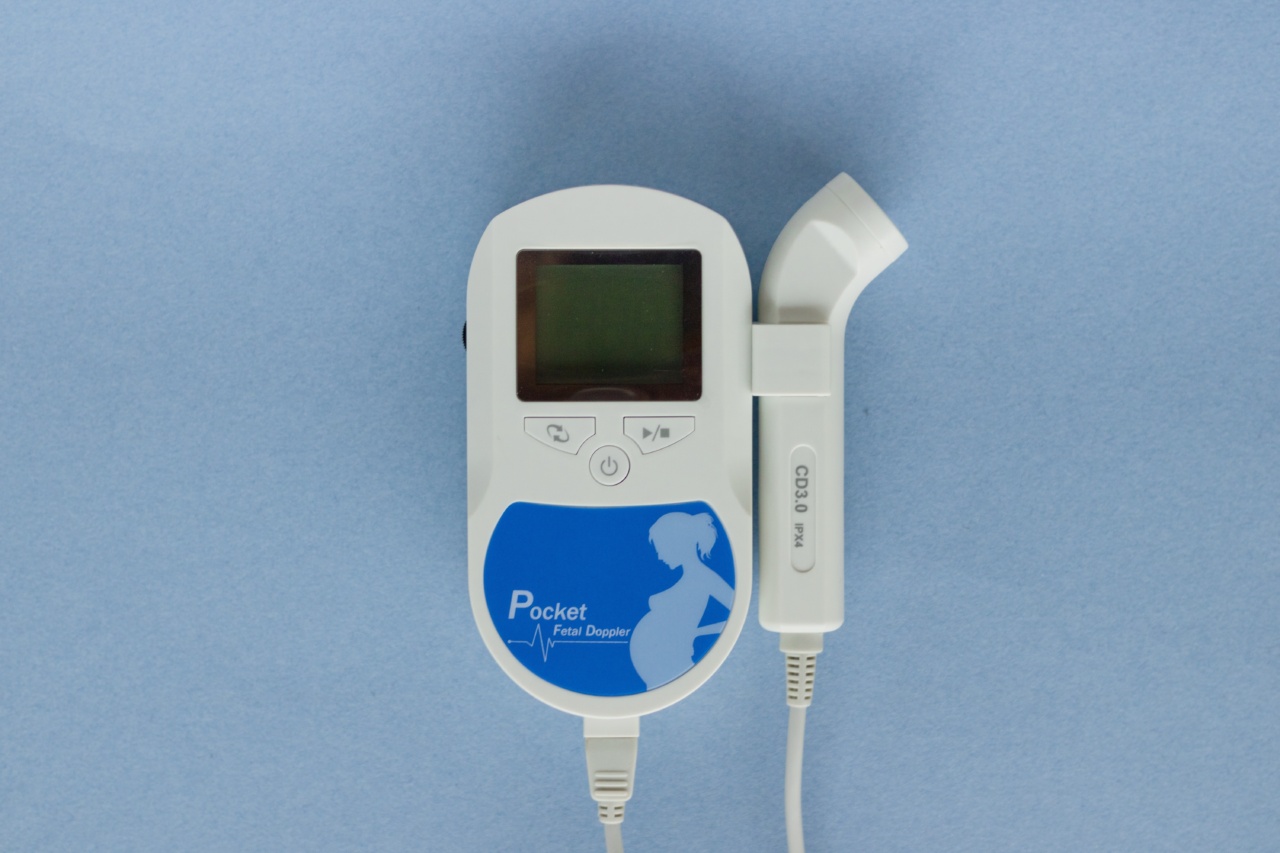Pregnancy is an important stage in a woman’s life. During this period, the fetus undergoes rapid development, which requires adequate nutrition.
Nutritional deficiencies during pregnancy can have adverse effects on both the mother and the fetus, affecting the overall growth and development of the baby. In this article, we will discuss some of the nutritional deficiencies that can occur during pregnancy and their effects on fetal development.
Iron Deficiency
Iron deficiency is a common nutritional deficiency in pregnant women. Iron is important for the production of hemoglobin, which carries oxygen to different parts of the body.
When pregnant women do not get enough iron, their body cannot produce enough hemoglobin, which leads to anemia. Anemia during pregnancy can affect fetal development in several ways. It can increase the risk of preterm birth, low birth weight, and infant mortality. It can also impair cognitive and behavioral development in the infant.
Vitamin D Deficiency
Vitamin D is important for maintaining strong bones and teeth, and also plays a critical role in immune function. Pregnant women who do not get enough vitamin D are at risk of developing preeclampsia, gestational diabetes, and bacterial vaginosis.
Low levels of vitamin D can also affect fetal bone development, leading to rickets or other skeletal abnormalities. In addition, vitamin D deficiency during pregnancy has been linked to an increased risk of asthma and allergies in children.
Vitamin B12 Deficiency
Vitamin B12 is important for the development of the nervous system, as well as for the production of red blood cells. Pregnant women who do not get enough vitamin B12 are at risk of developing anemia and have a higher risk of preterm birth.
Vitamin B12 deficiency can also affect fetal brain development, leading to cognitive impairments and developmental delays. Additionally, low levels of vitamin B12 have been linked to an increased risk of neural tube defects such as spina bifida in the fetus.
Folic Acid Deficiency
Folic acid is important for the development of the neural tube, which eventually becomes the brain and spinal cord. Pregnant women who do not get enough folic acid are at risk of babies with neural tube defects, such as spina bifida and anencephaly.
Folic acid deficiency can also increase the risk of preterm birth, low birth weight, and placental abruption.
Calcium Deficiency
Calcium is important for the development of strong bones and teeth. Pregnant women who do not get enough calcium are at risk of developing osteoporosis.
Calcium deficiency during pregnancy can also affect fetal bone development, leading to weak bones and fractures. Additionally, low levels of calcium have been linked to preeclampsia in pregnant women.
Zinc Deficiency
Zinc is important for the development of the immune system and for growth and development. Pregnant women who do not get enough zinc are at risk of developing preeclampsia, gestational diabetes, and premature rupture of membranes.
Zinc deficiency during pregnancy can also affect fetal growth, causing low birth weight and preterm birth. In addition, zinc deficiency has been linked to impaired cognitive development in the infant.
Iodine Deficiency
Iodine is important for the production of thyroid hormones, which are essential for fetal brain development.
Pregnant women who do not get enough iodine are at risk of developing hypothyroidism, which can lead to an increased risk of stillbirth, miscarriage, and mental retardation in the fetus. Iodine deficiency can also affect fetal growth, leading to low birth weight and developmental delays.
Vitamin A Deficiency
Vitamin A is important for the development of the eyes and immune system. Pregnant women who do not get enough vitamin A are at risk of developing night blindness and other vision problems.
Vitamin A deficiency during pregnancy can also affect fetal growth, leading to low birth weight and developmental delays. Additionally, high levels of vitamin A during pregnancy can be toxic and lead to birth defects.
Protein Deficiency
Protein is important for the growth and development of the fetus. Pregnant women who do not get enough protein are at risk of developing gestational hypertension, preeclampsia, and gestational diabetes.
Protein deficiency during pregnancy can also affect fetal growth, leading to low birth weight and impaired cognitive development in the infant.
Summary
Nutritional deficiencies during pregnancy can have adverse effects on both the mother and the fetus, affecting the overall growth and development of the baby.
Pregnant women should ensure that they are getting enough iron, vitamin D, vitamin B12, folic acid, calcium, zinc, iodine, vitamin A, and protein to support fetal development and prevent complications.































